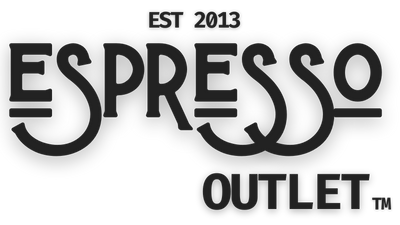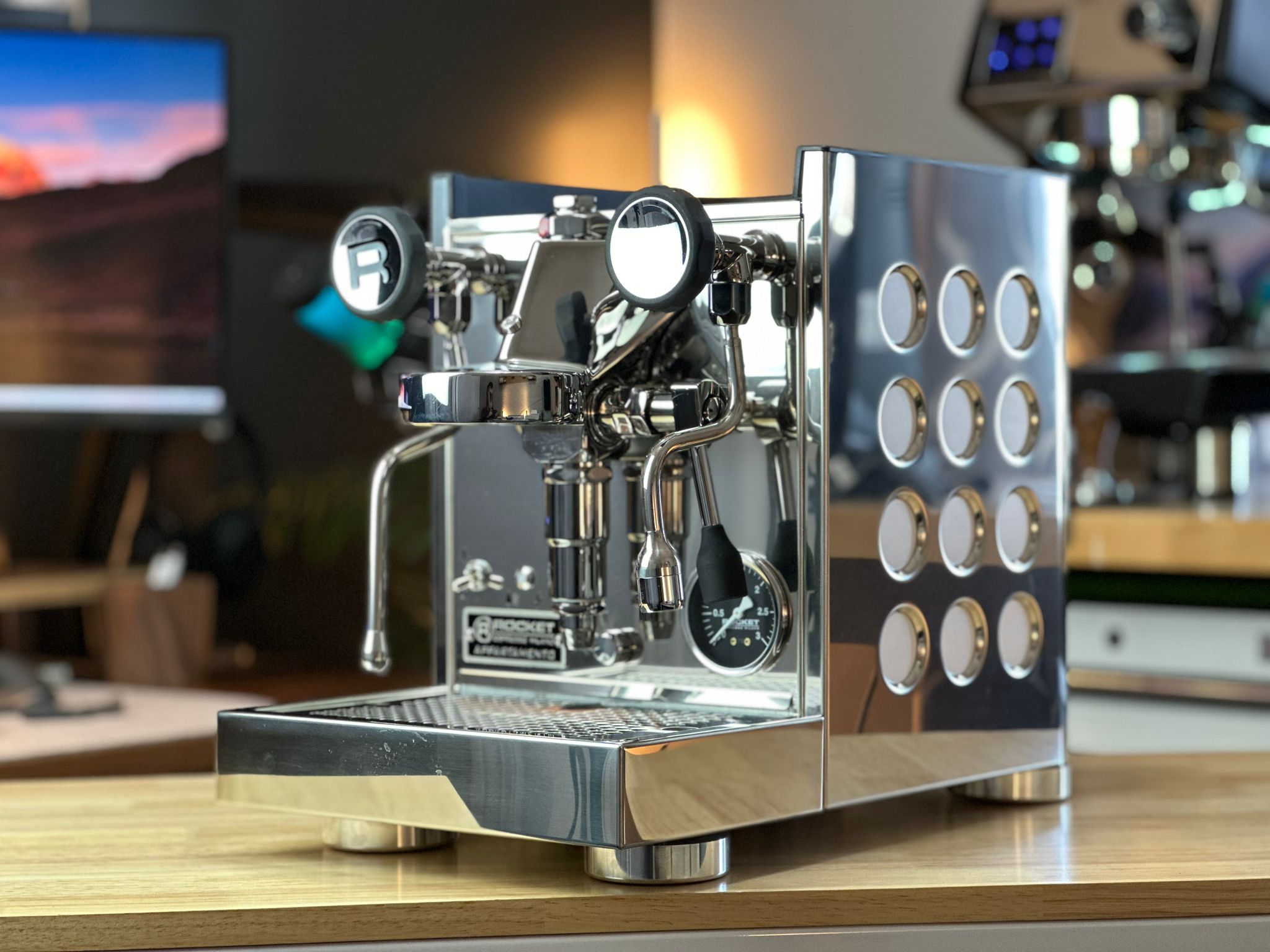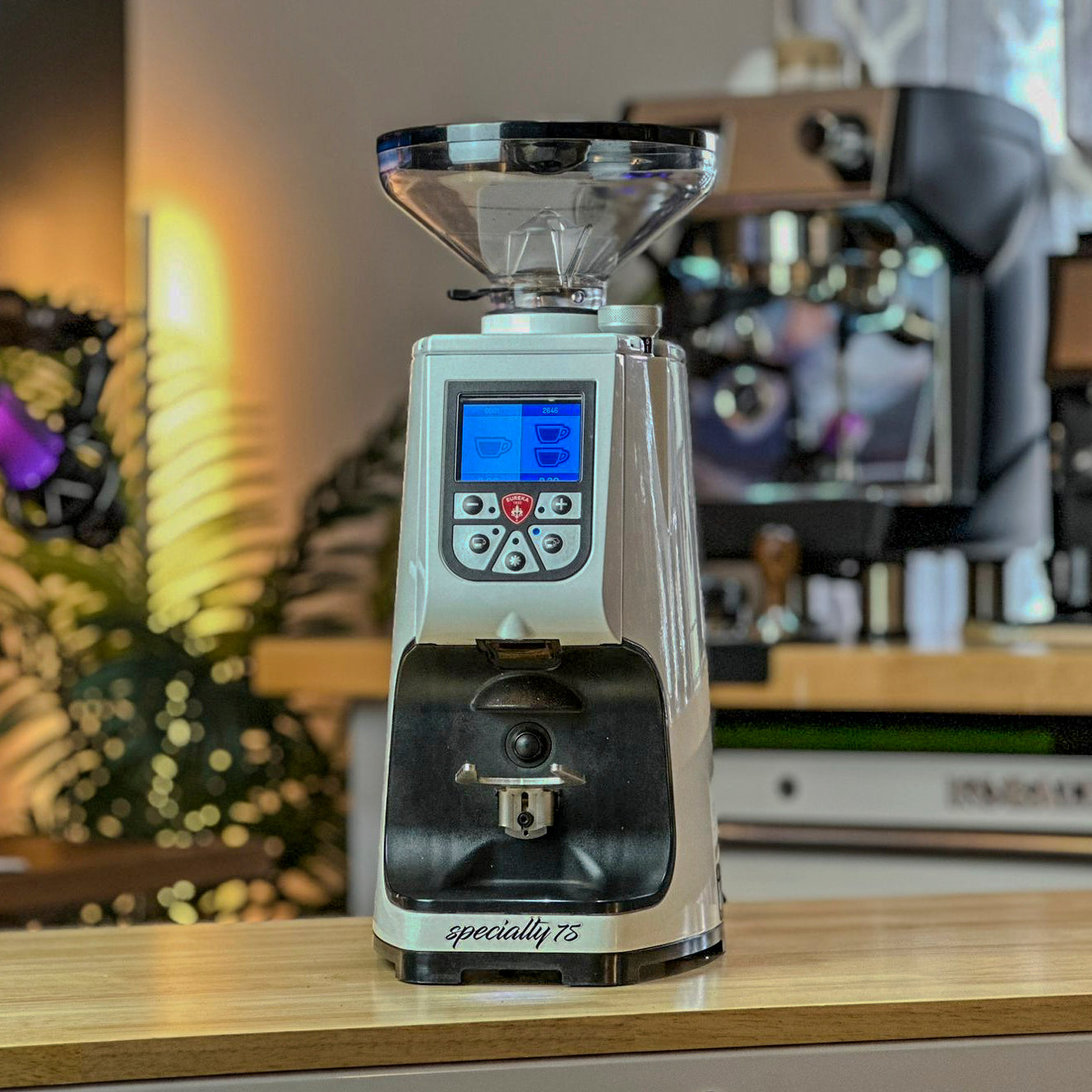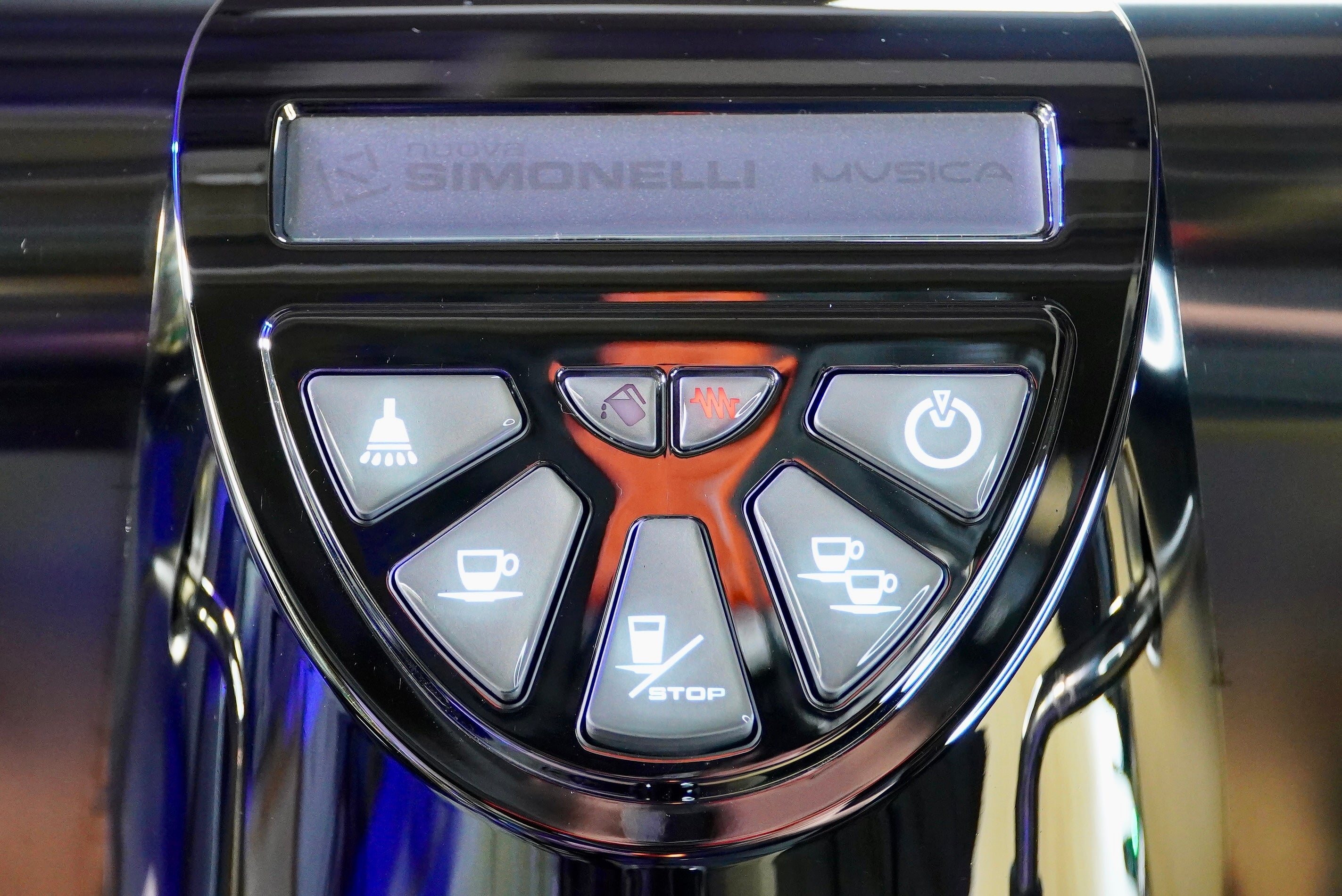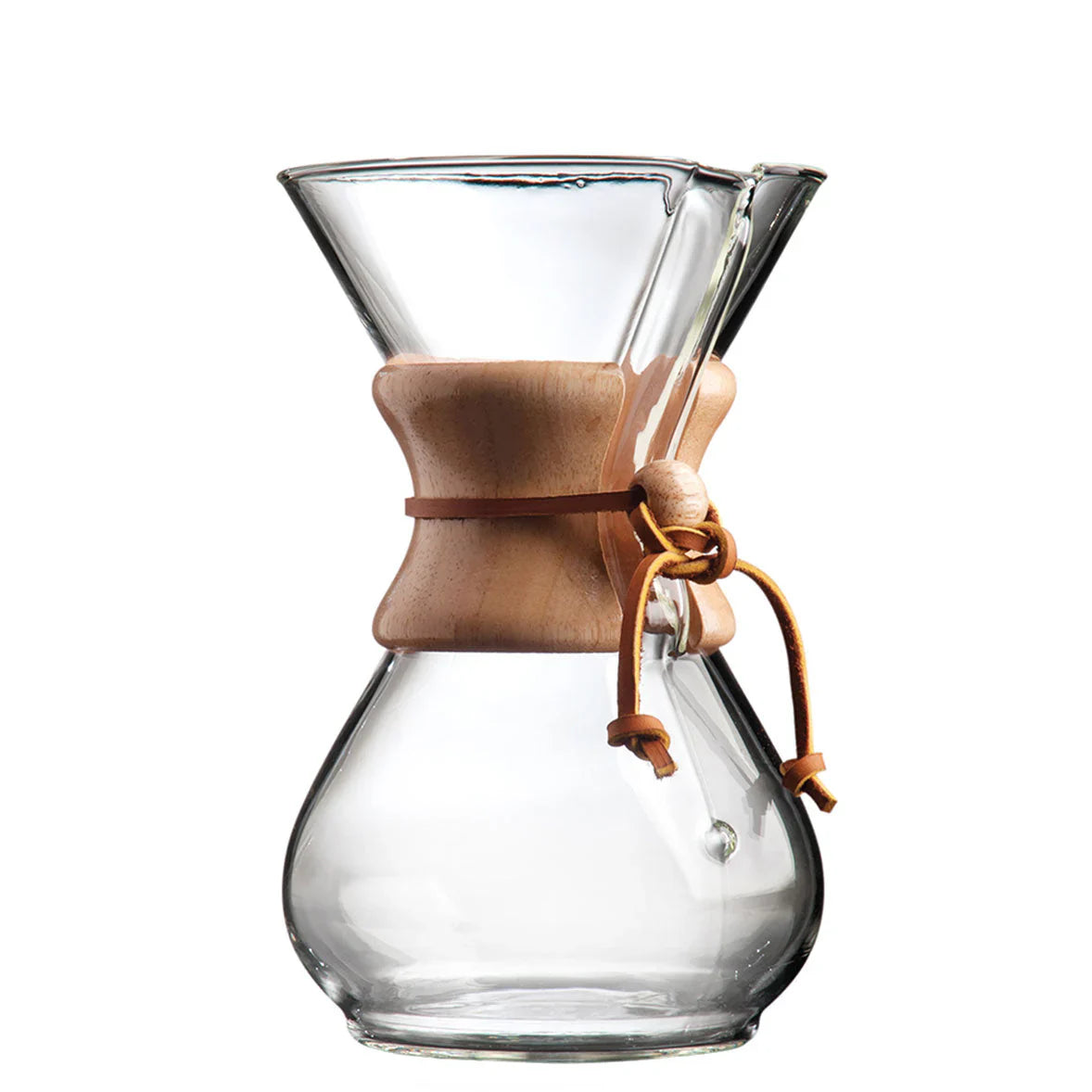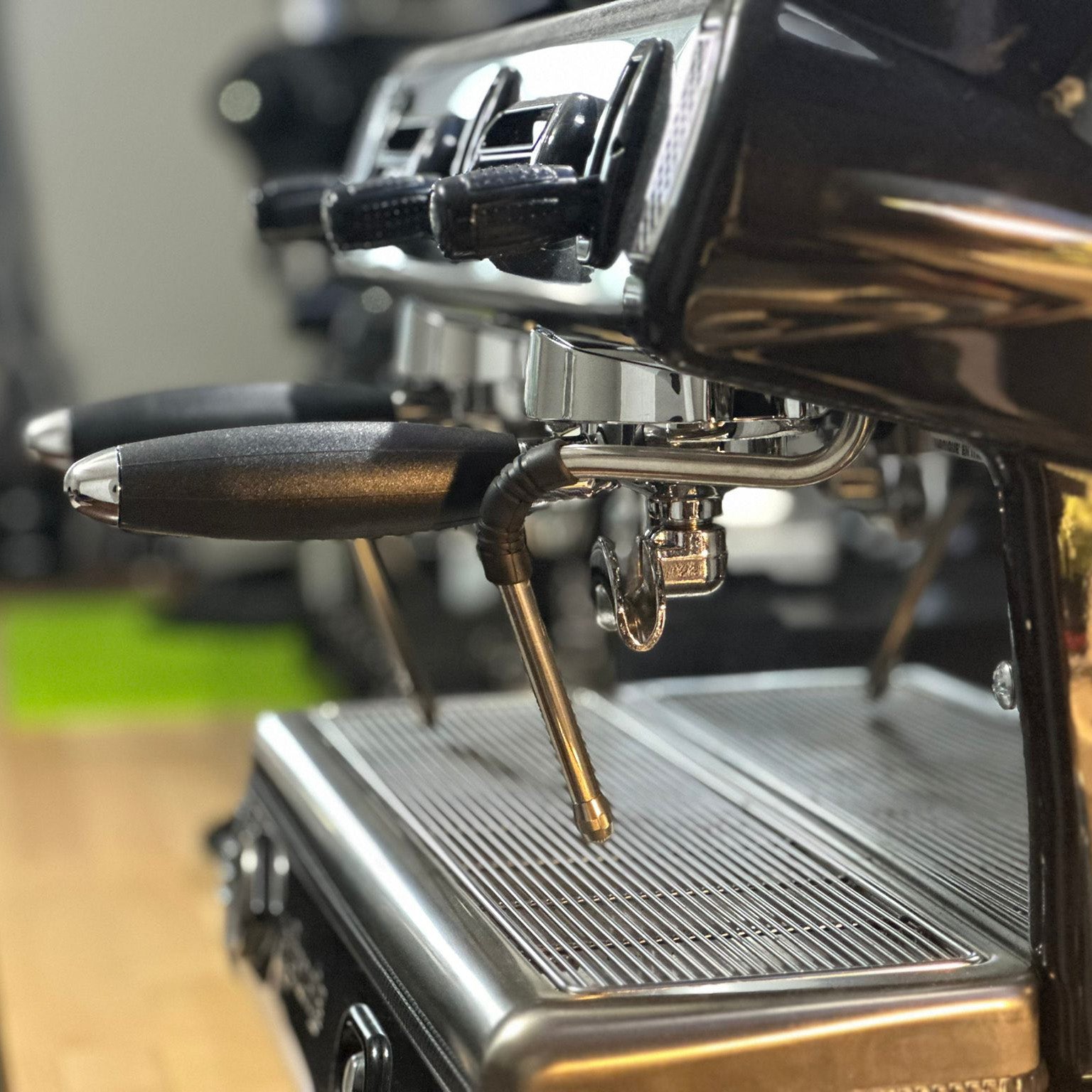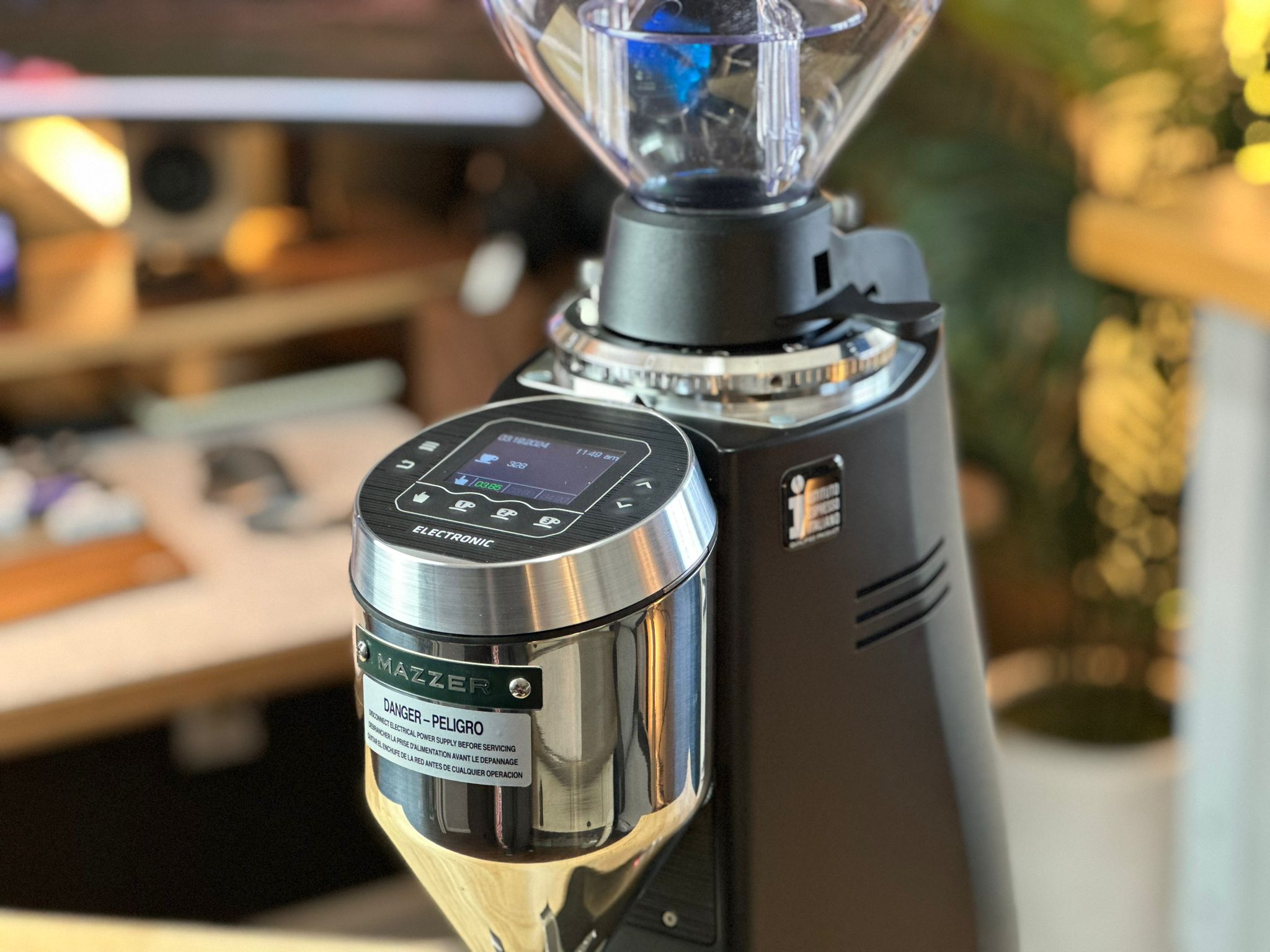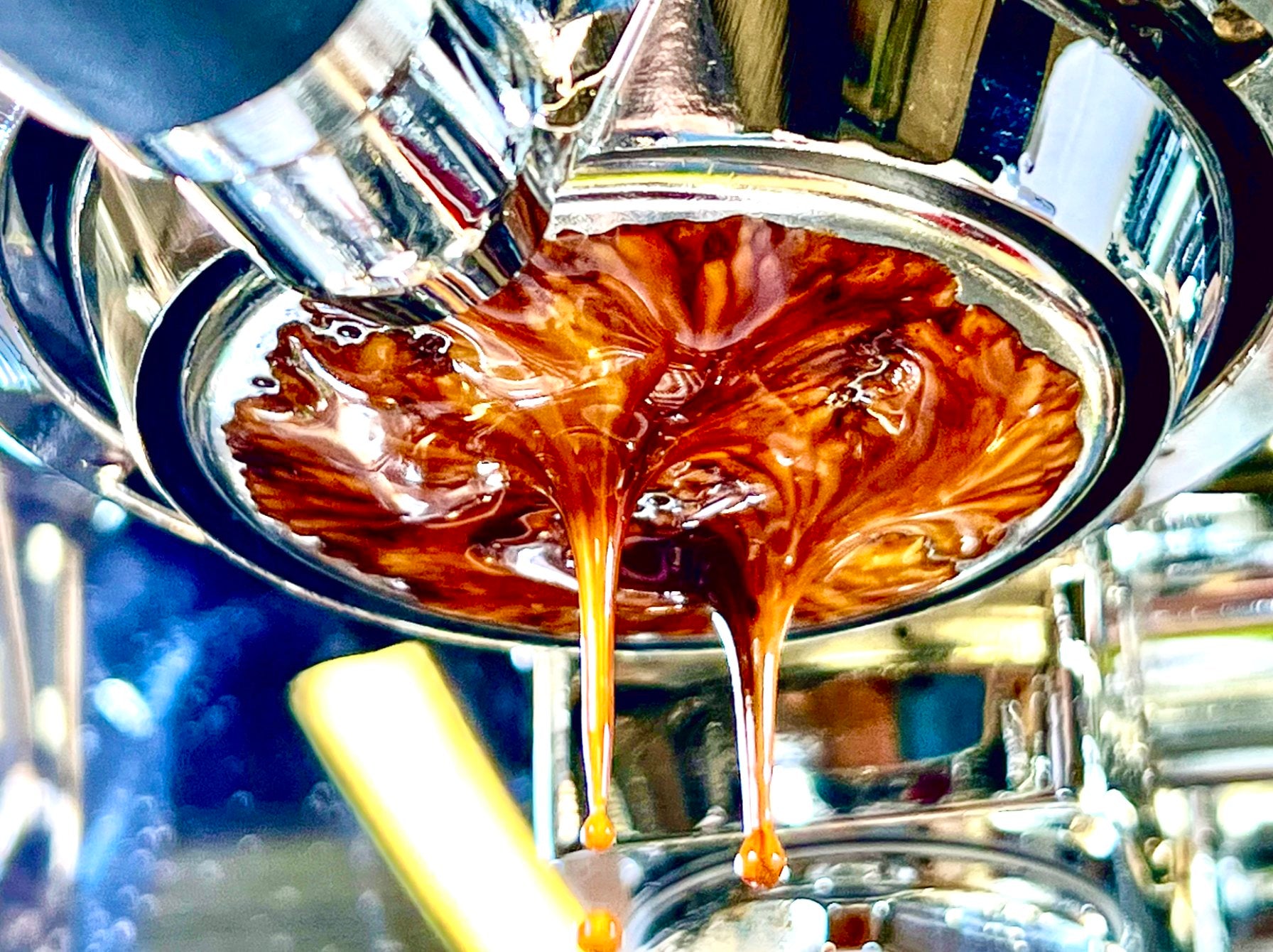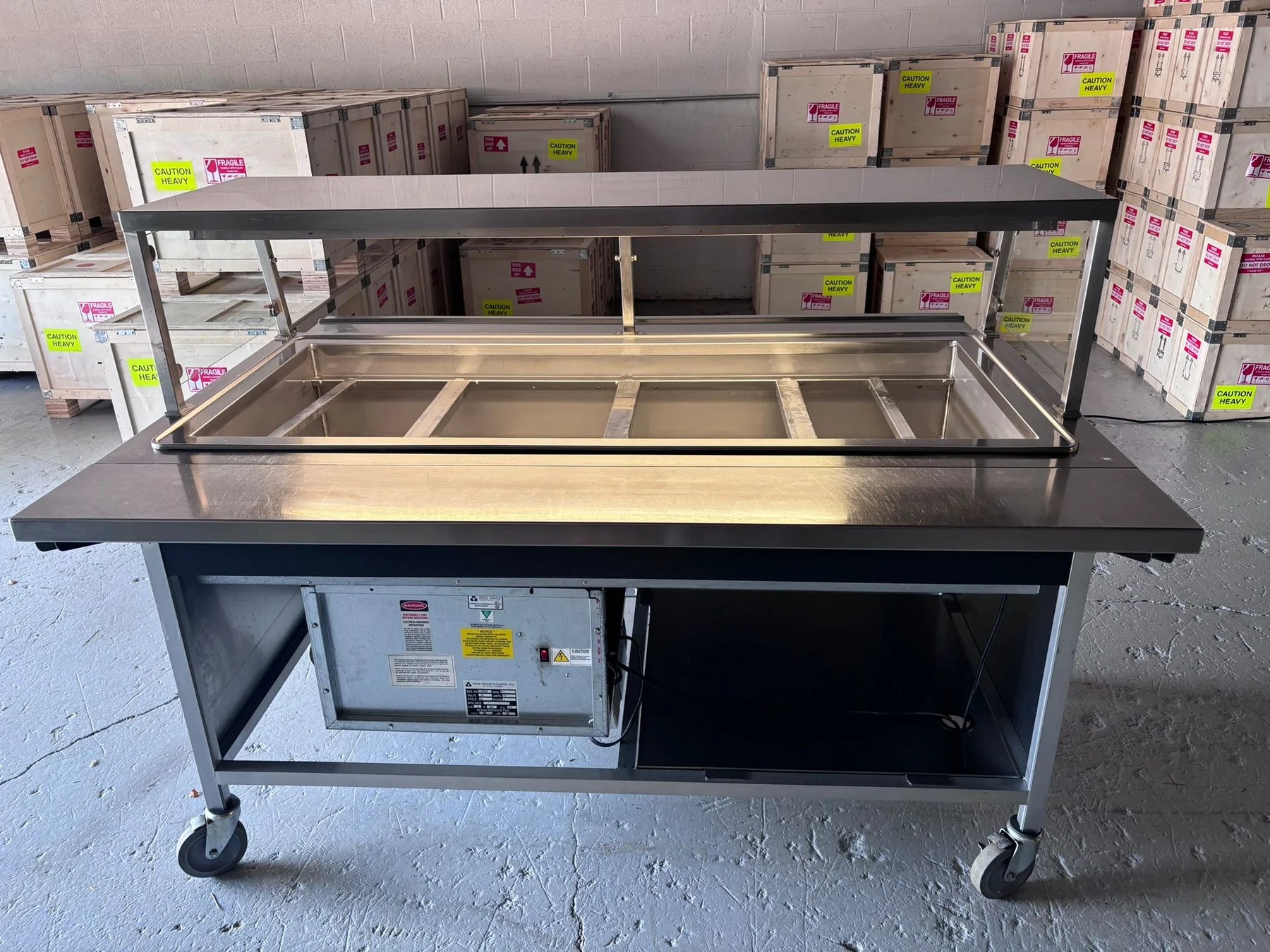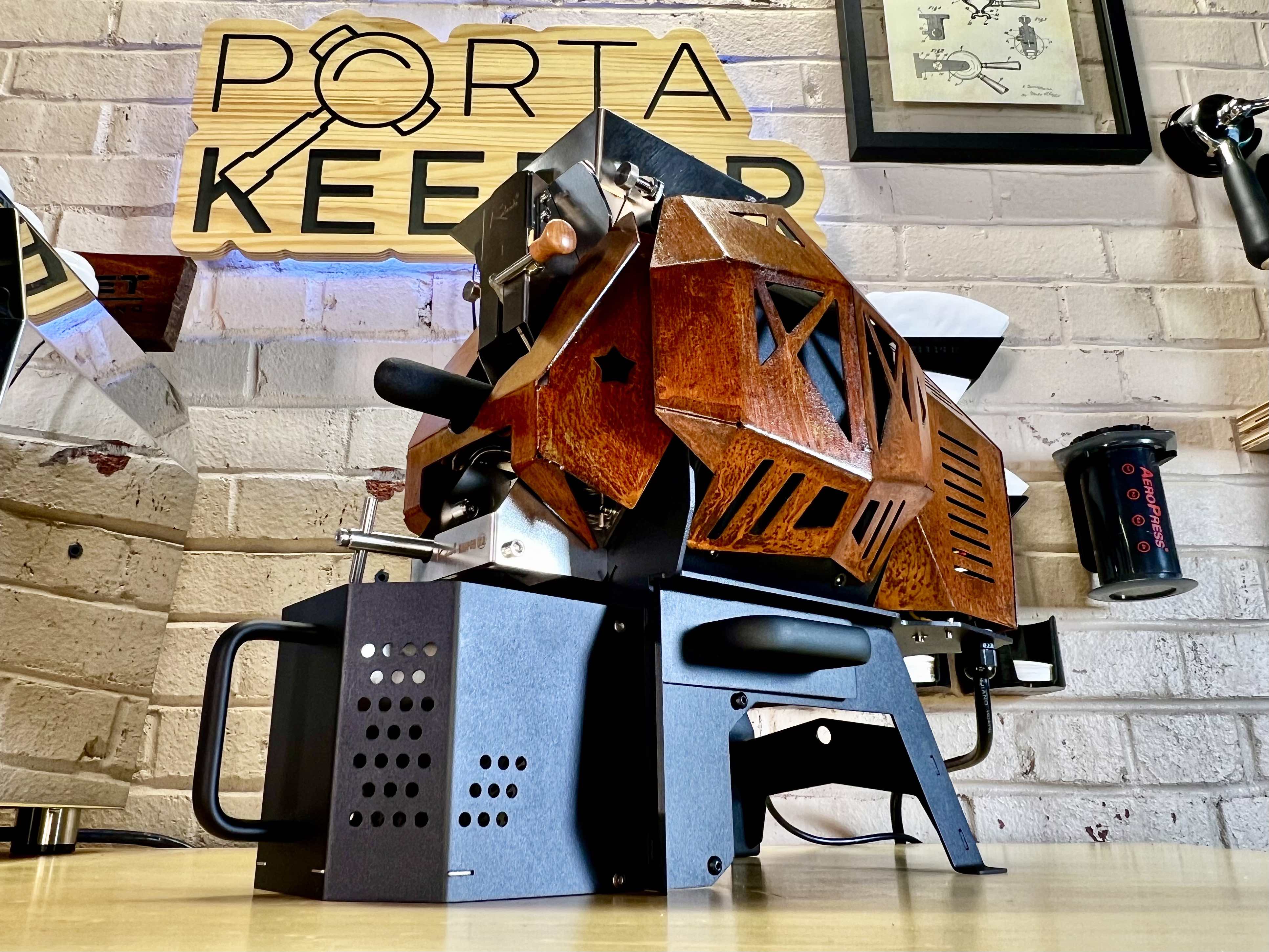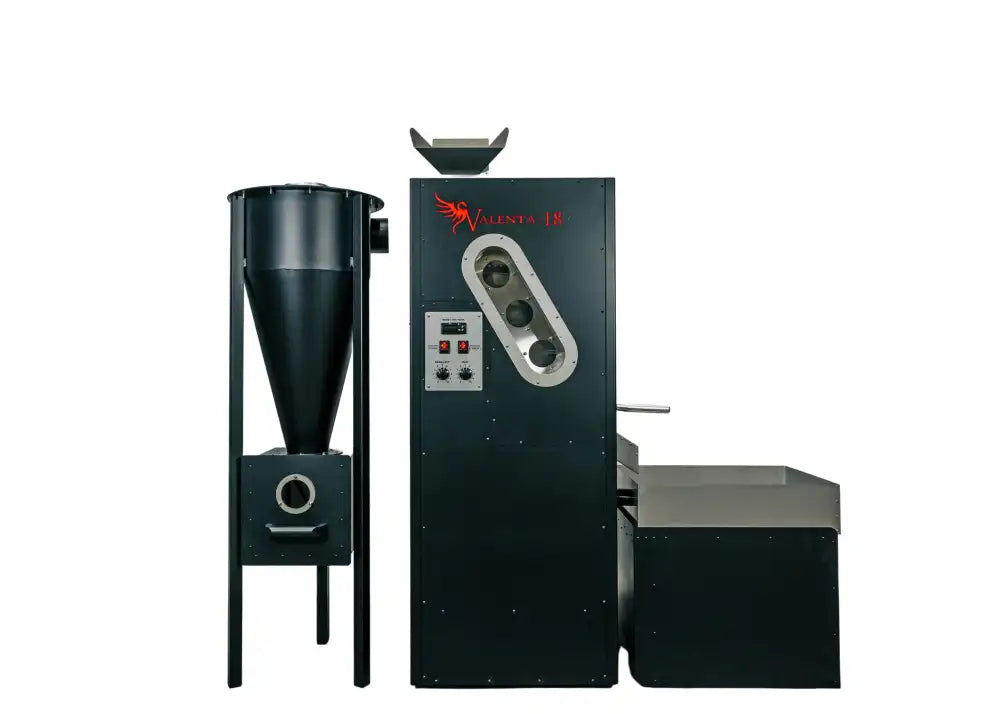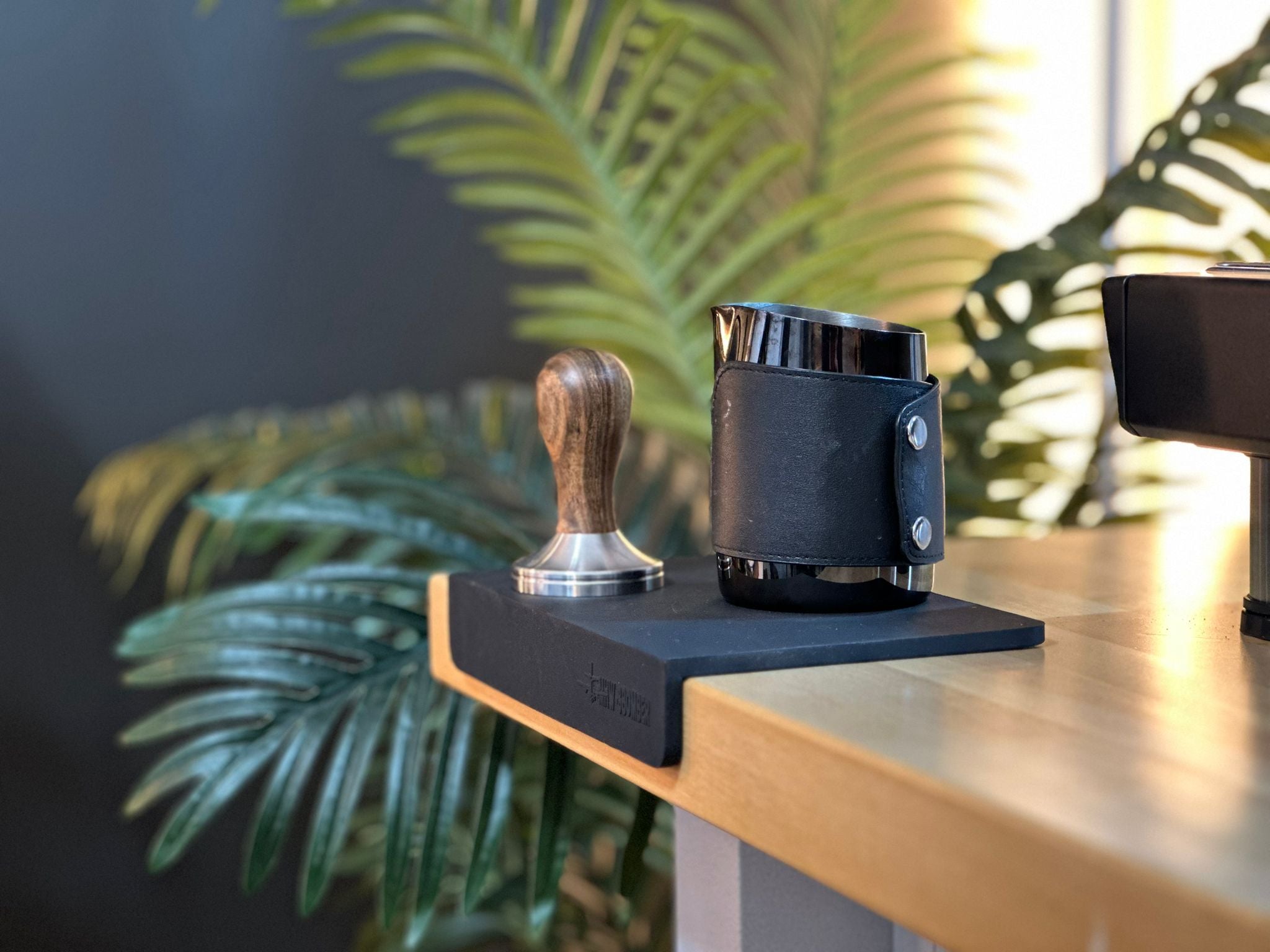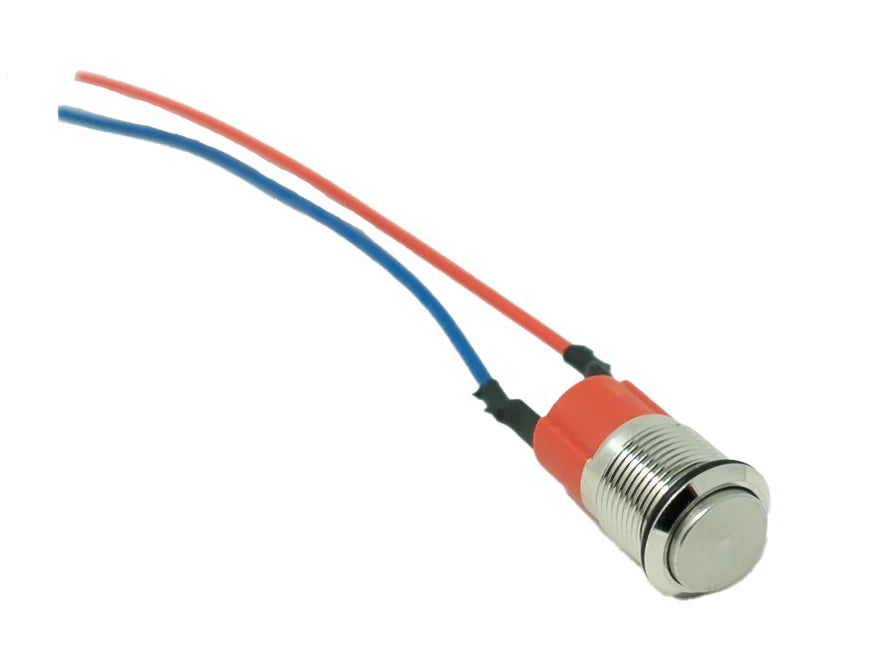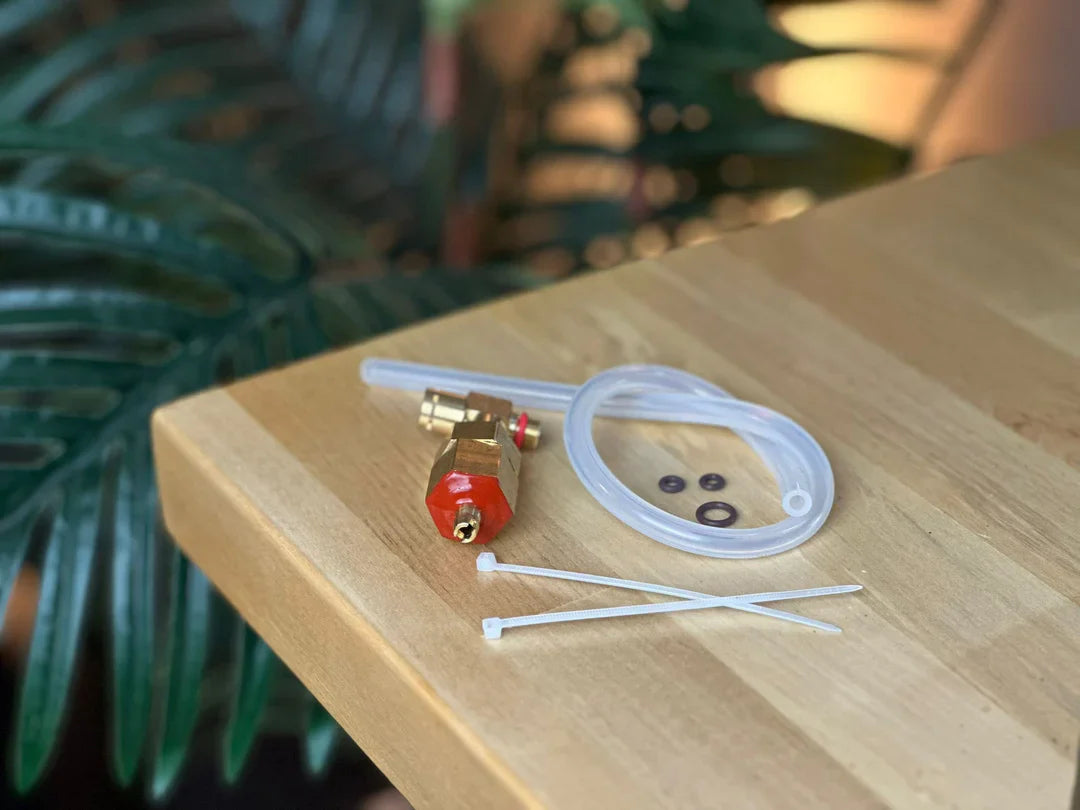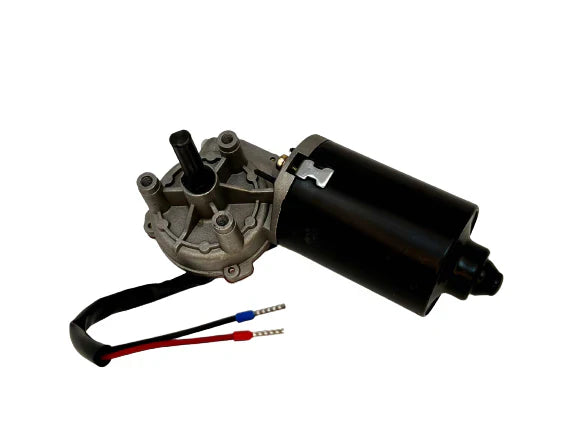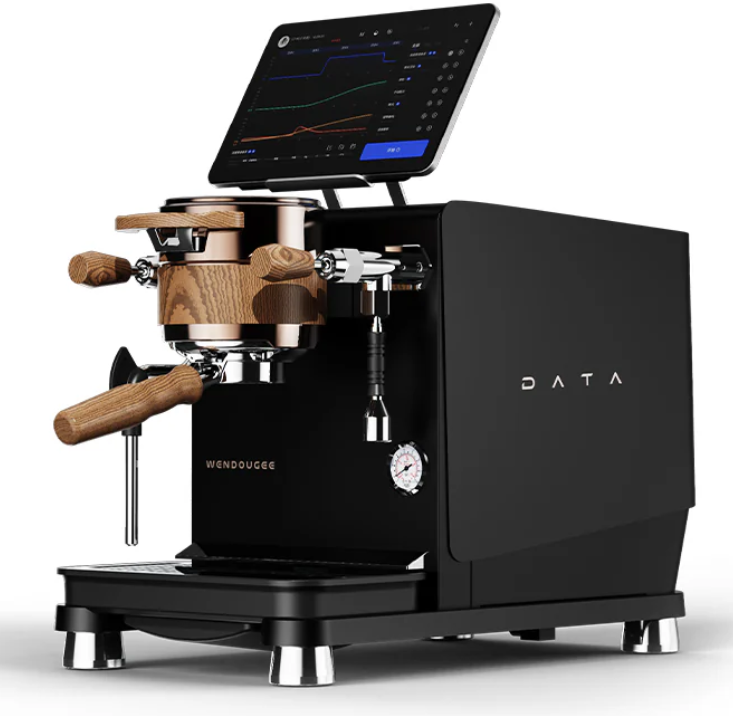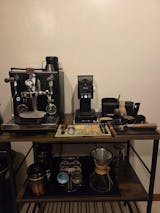Steps to Prevent French Press Over-Extraction
Over-extraction occurs when too many undesirable compounds (like tannins and bitter compounds) are extracted from the coffee grounds during the brewing process. This results in coffee that tastes bitter, astringent, or overly harsh. Preventing over-extraction is key to making a balanced, flavorful cup of coffee. Here are several ways to prevent over-extraction, specifically in French press brewing but applicable to other brewing methods as well.
1. Use the Correct Grind Size
-
Grind coarser: For a French press, use a coarse grind. If your grind is too fine, more surface area of the coffee is exposed to the water, causing faster extraction and an increased risk of over-extraction.
- Ideal grind size: Coarse, like sea salt or breadcrumbs.
If you're using a burr grinder, this will help ensure a more consistent grind size, which prevents smaller particles (fines) from over-extracting.
2. Control Water Temperature
-
Optimal temperature: Water temperature should be between 195°F to 205°F (90°C to 96°C).
- If the water is too hot (above 205°F), it will extract bitter compounds too quickly, leading to over-extraction.
- If using a kettle, after boiling, let the water sit for 30 seconds to 1 minute before pouring over the grounds to cool slightly. Using a thermometer can ensure precise control.
3. Time Your Brew Properly
-
Steep for 4 minutes: For French press brewing, the ideal steep time is 4 minutes. Steeping for too long can cause over-extraction, as bitter compounds are released later in the extraction process.
- If you want a stronger brew, it’s better to adjust the coffee-to-water ratio (use more coffee) rather than extending the brewing time.
For other brewing methods, like pour-over or espresso, consult the recommended brew time specific to that method and ensure consistency.
4. Use the Correct Coffee-to-Water Ratio
-
Standard ratio: A typical coffee-to-water ratio for French press is 1:12 to 1:15 (1 part coffee to 12-15 parts water).
- If you use too much coffee or too little water, the grounds will become saturated too quickly, resulting in over-extraction.
- For example, for a 4-cup French press, use 30 grams of coffee to 450 ml of water for a 1:15 ratio.
Measuring both the water and coffee by weight using a digital scale ensures precision.
5. Avoid Over-Agitation
- Stir gently: After pouring the water over the grounds, stir gently to ensure the grounds are fully saturated. Stirring too aggressively or stirring too often can increase agitation, which speeds up extraction and can result in over-extraction.
A light stir at the beginning is sufficient to ensure all the coffee grounds are immersed, but avoid additional stirring after the bloom.
6. Plunge Slowly and Carefully
- Press the plunger slowly: When using a French press, pushing the plunger down too fast can create extra pressure, disturbing the grounds and causing more fines to be extracted. This can lead to bitterness. Plunge slowly and steadily to minimize this effect.
Additionally, pouring out the coffee right after plunging will stop further extraction. Leaving the coffee to sit with the grounds will continue to extract bitter compounds.
7. Use Fresh Coffee
- Stale coffee: Coffee that is too old can be more prone to over-extraction. Stale coffee beans have lost many of the soluble compounds that contribute to flavor, leaving behind more undesirable compounds that get extracted. Use freshly roasted beans (ideally within 2-4 weeks after roasting) to ensure optimal flavor.
Grinding fresh just before brewing also ensures a more balanced extraction.
8. Check Your Water Quality
-
Water hardness: Water with too many minerals (hard water) can increase extraction, often leading to bitter flavors. Aim for water with a total dissolved solids (TDS) level of 50-150 ppm. If your water is very hard, consider using filtered or bottled water specifically designed for brewing coffee.
- Low mineral content can lead to under-extraction, while high mineral content promotes over-extraction.
Summary of Steps to Prevent Over-Extraction:
- Grind Coarser: Use a coarse grind for French press brewing to slow down extraction.
- Control Temperature: Use water between 195°F to 205°F (90°C to 96°C) to prevent overheating the grounds.
- Limit Brew Time: Steep for 4 minutes, no more, to avoid extracting bitter compounds.
- Use Correct Coffee-to-Water Ratio: Stick to a 1:12 to 1:15 ratio for balanced extraction.
- Avoid Over-Agitation: Stir gently to wet the grounds but avoid excessive movement.
- Plunge Slowly: Press the plunger gently to avoid disturbing the grounds and causing over-extraction.
- Use Fresh Beans: Brew with freshly roasted beans to ensure better extraction balance.
- Ensure Proper Water Quality: Use water with a TDS of 50-150 ppm for optimal extraction balance.
By controlling these variables, you can prevent over-extraction and consistently brew a balanced, flavorful cup of coffee, especially with the French press.
